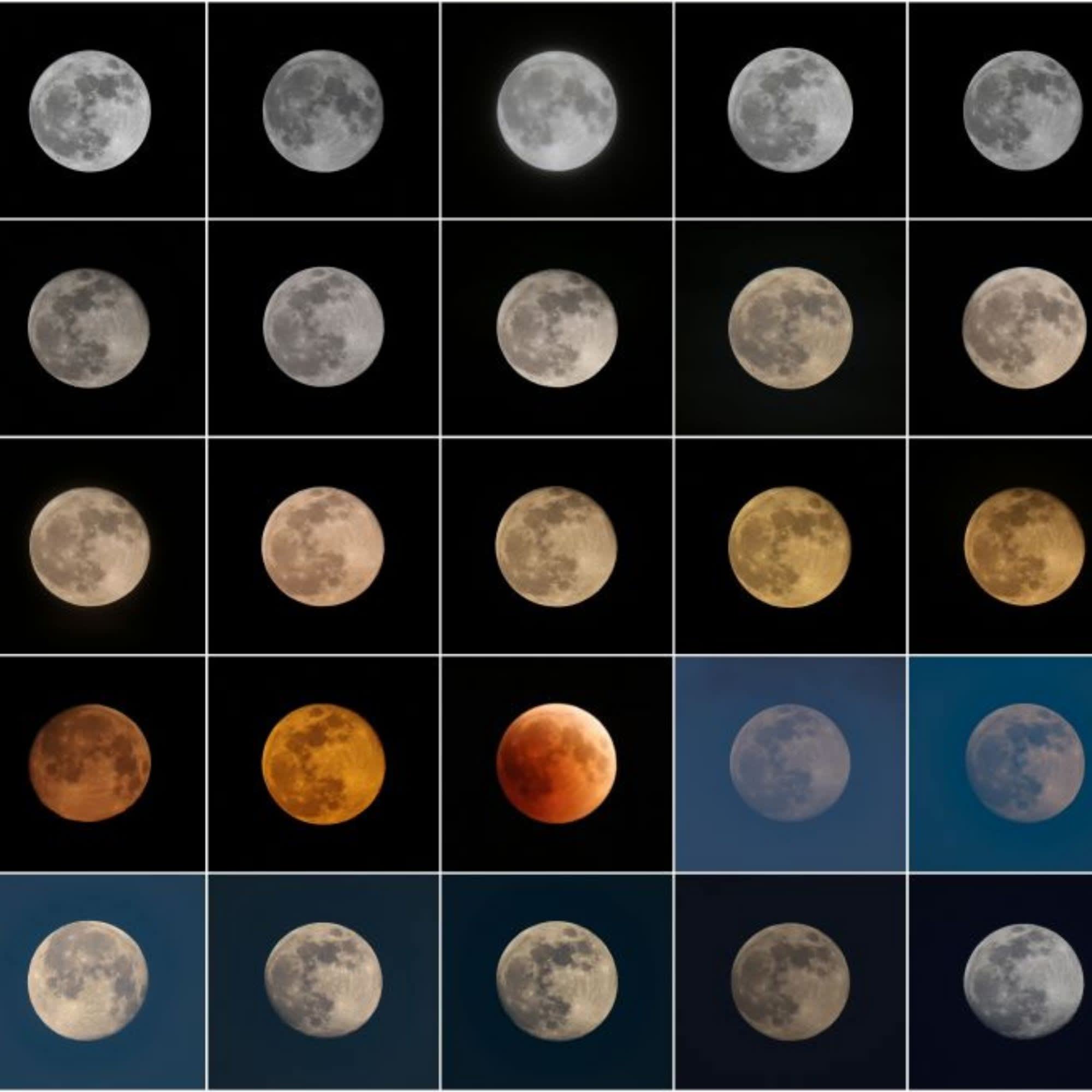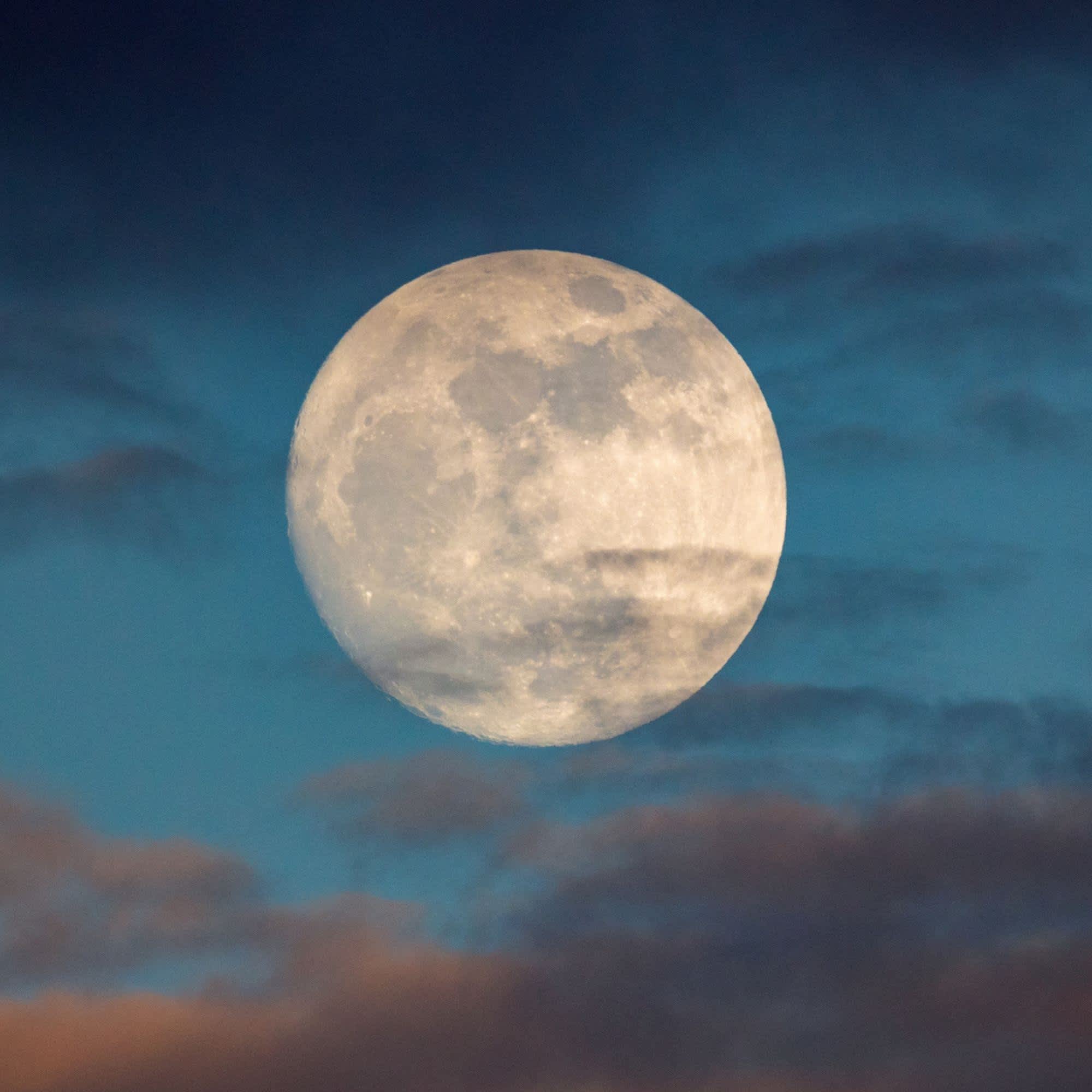
- POPSUGAR Australia
- Living
- Will the Super Full Blood Moon Really Mess With Your Mood? This Is What the Evidence Says
Will the Super Full Blood Moon Really Mess With Your Mood? This Is What the Evidence Says

On May 26, we’ll be treated to a super full blood moon as well as a lunar eclipse. This celestial event is said to bring with it an air of change, with eclipses often marking a conclusion or turning point in your life. With this event, the energy is sure to be pretty intense, given the number of events taking place in one single full moon.
How many times has your mood felt a little scattered only to realise that it’s a full moon? Probably too many times to count. Behaviour changes as a result of the moon are considered to be pretty common. In fact, according to Healthline, the word “lunatic” comes from the idea that mental changes were related to lunar cycles.
But, while your mood and behaviour might feel a little more chaotic when a full moon has occurred, there isn’t actually any research that proves this to be the case. Studies have looked at how the moon impacts mental health and so far, there isn’t any strong link between the full moon and increases in aggression or bad behaviour. In fact, two studies conducted during a full moon found the incidence of trauma dropped slightly at this time.
One interesting link that has been made is with the full moon and bipolar disorder, with research showing the lunar cycles could affect those with bipolar. A 2018 study of 17 people found that those with bipolar disorder “tended to switch rapidly from depression to mania,” around the full moon, according to Healthline.
“The study showed that the circadian pacemaker (a small group of nerves) in these individuals became synchronised with lunar patterns. This caused changes in their sleep that then triggered a shift from depression symptoms to mania symptoms.”
While behaviour might not be so impact, your sleep probably is thanks to the energy of the full moon. When the moon is full, it can affect the quality of your slumber, research has shown. In 2014, researchers conducted an analysis of 319 people who had been referred to a sleep centre and found that the full moon was associated with less deep sleep as well as an increase in REM latency — meaning it took longer for the participants to get to REM sleep.
There also seems to be a difference in how the full moon affects men and women, with the latter seemingly more susceptible to poor sleep quality at this time. A study from 2015 looked at the impact of the moon on the sleep of 205 individuals and found that women slept less and experienced less REM sleep when the full moon is near, while men were found to have more REM sleep near the full moon.
Despite the lack of evidence linking a change in mood and the full moon, scientists continue to research this phenomenon. And, while the mood does indeed influence the tides, it might not have as large of a hold on us as we first thought.


